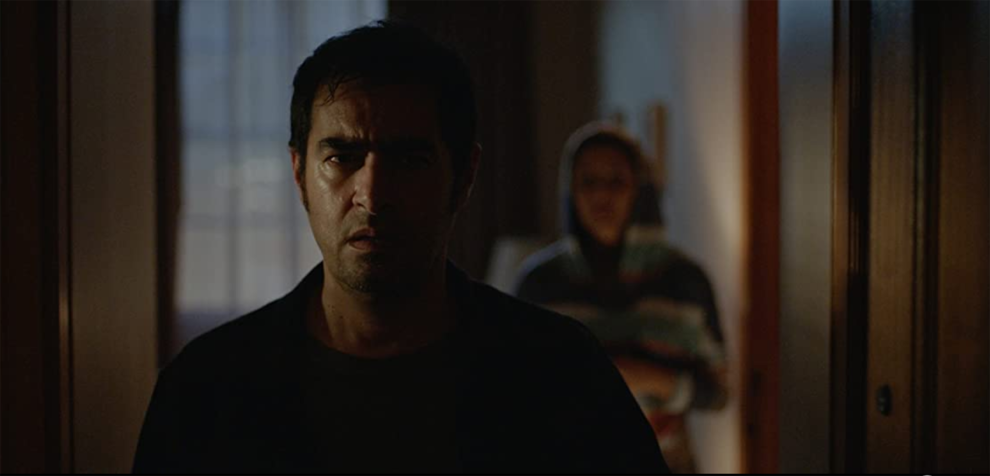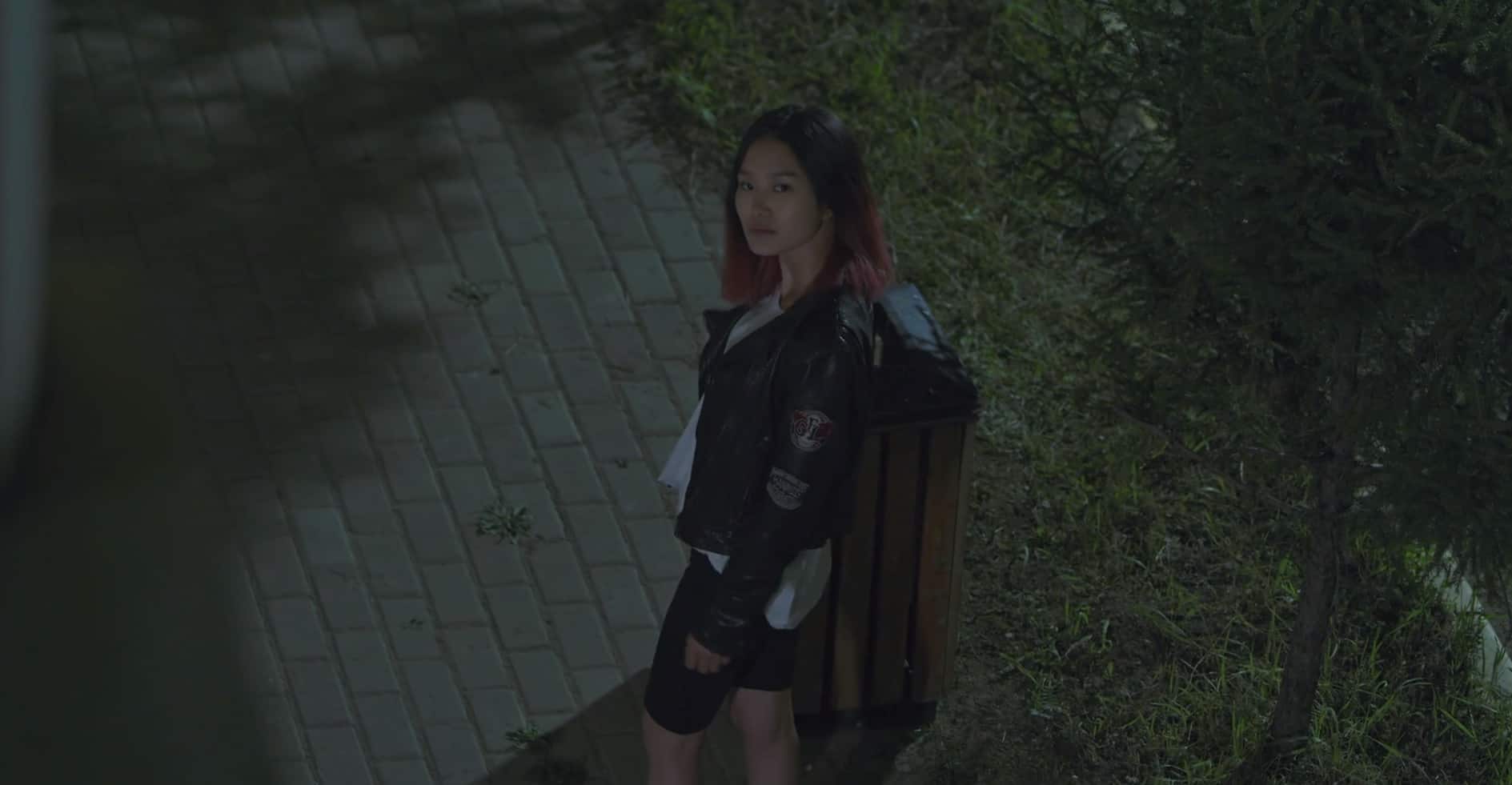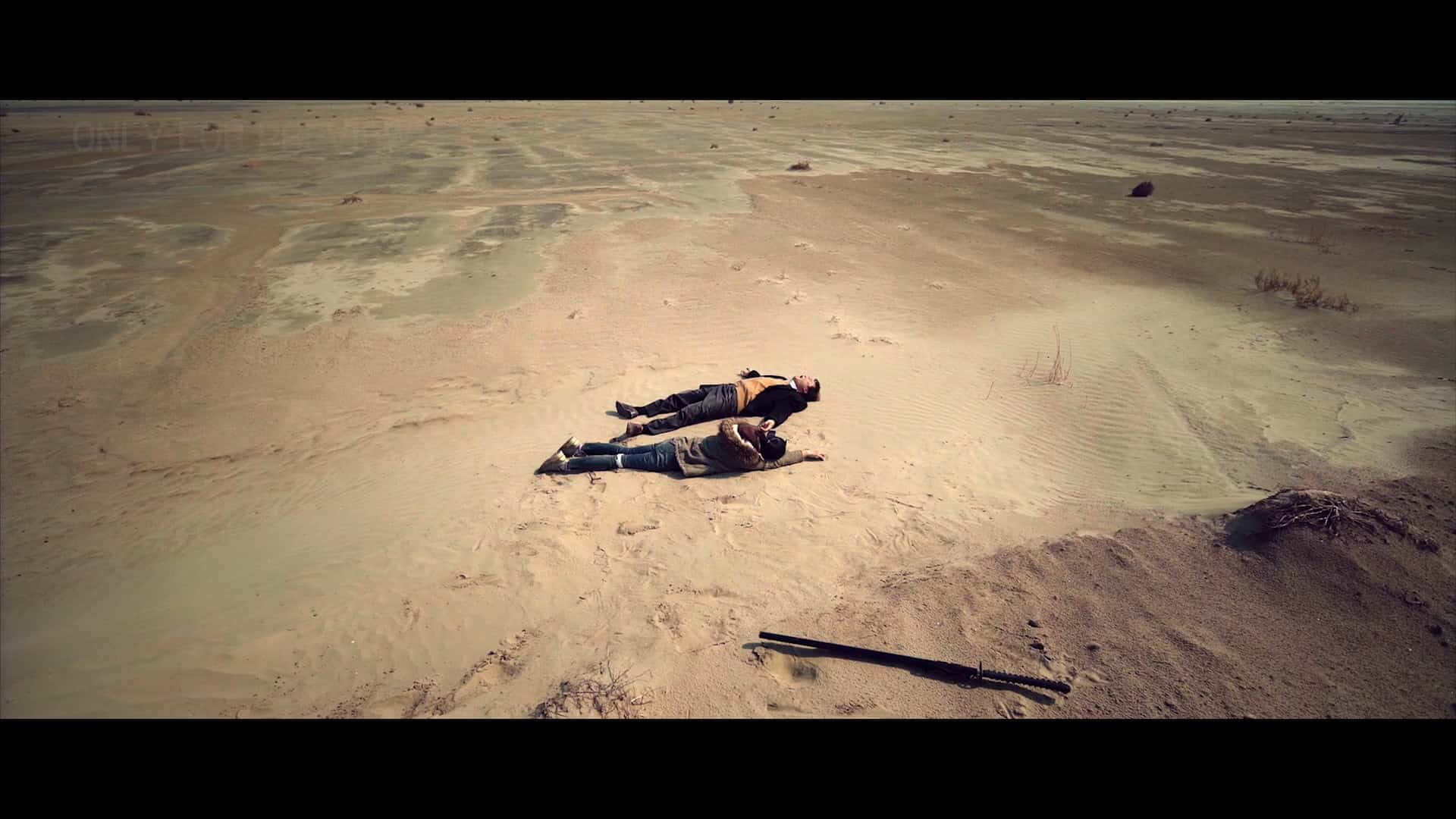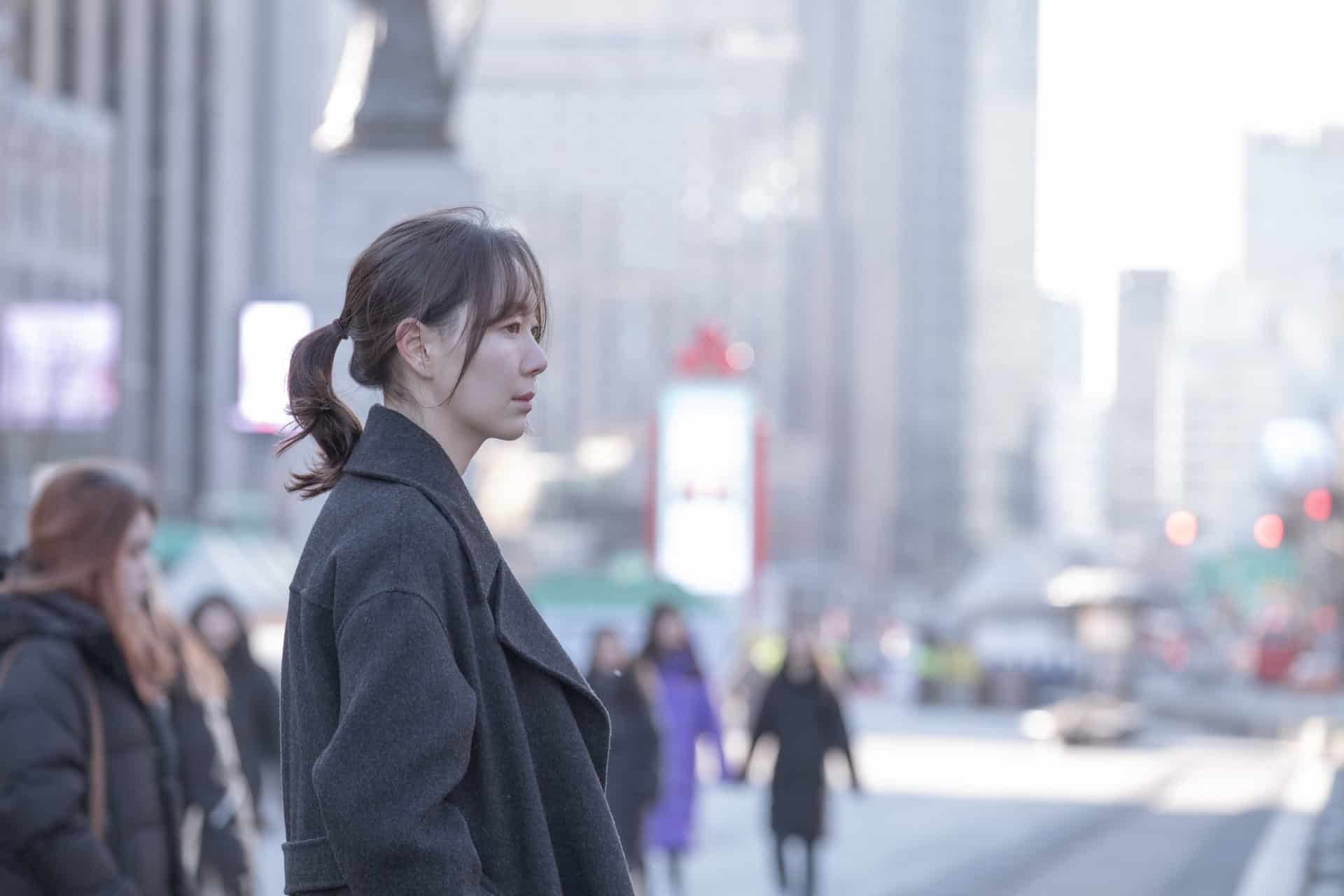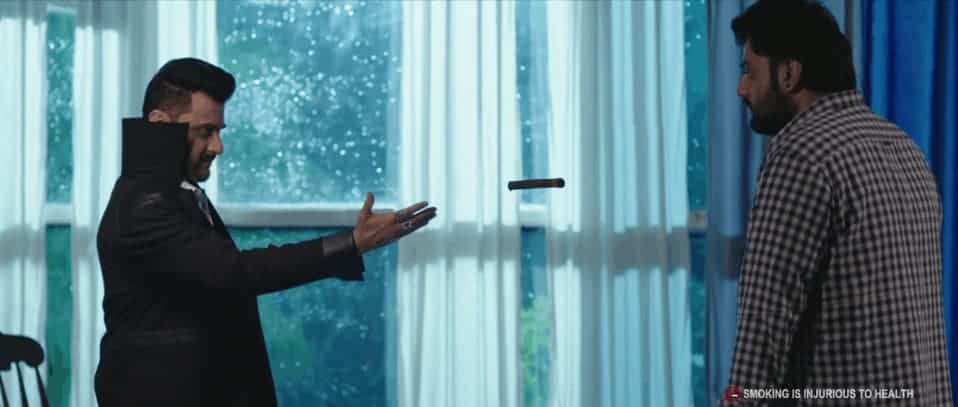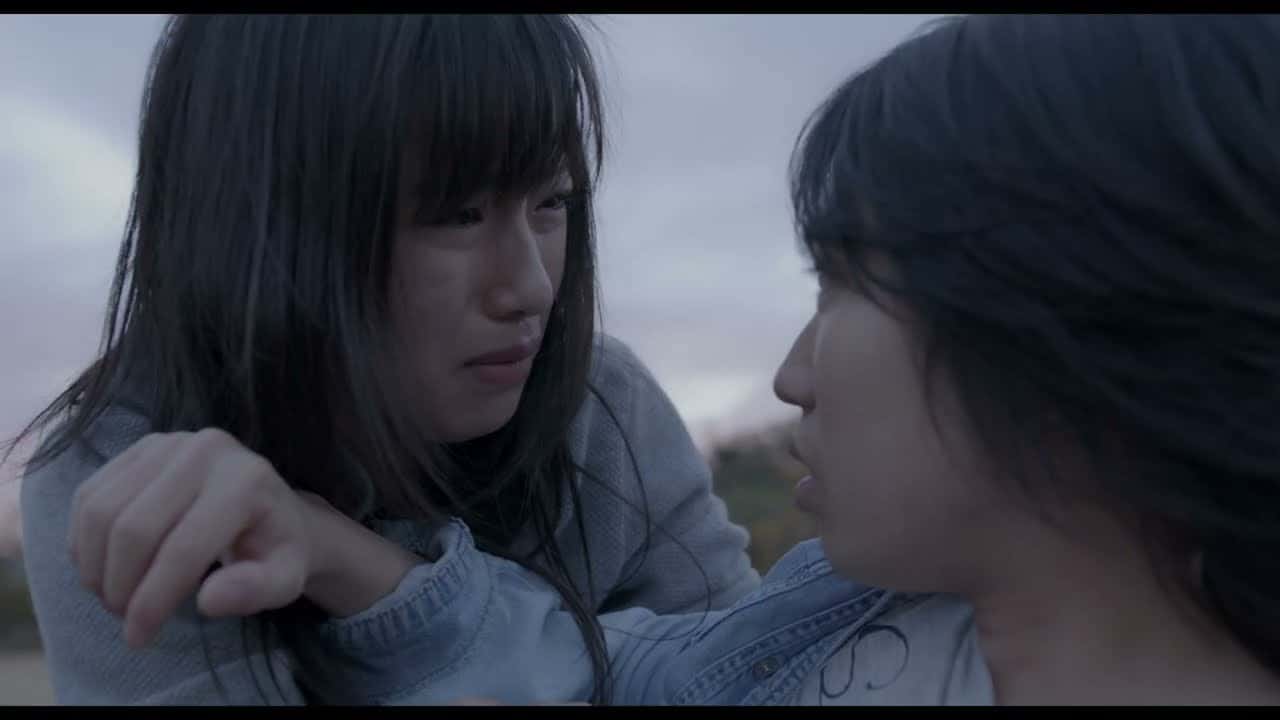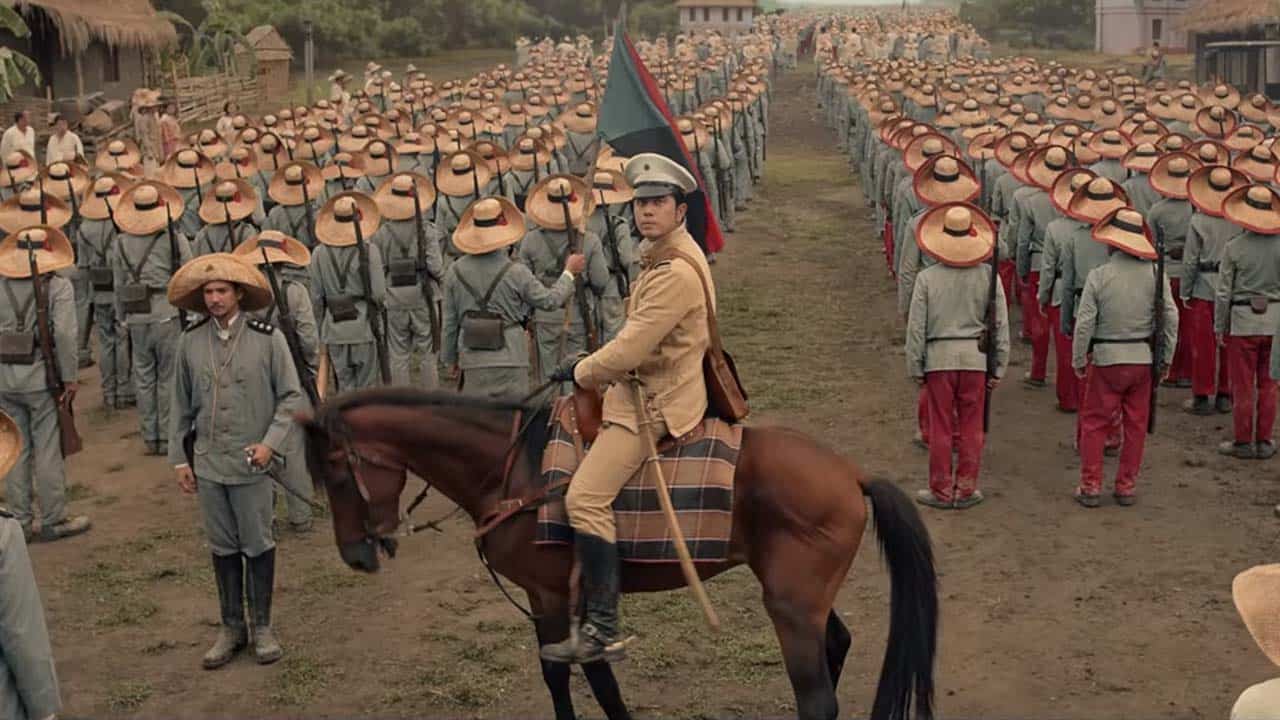Iranian filmmaker Kourosh Ahari has been working in the industry in the US for almost a decade, covering different roles and directing few short movies. His latest work, the horror film “The Night”, is an Iran-US co-production, which he has directed, co-written and edited, bravely shot almost exclusively in Farsi with an excellent Iranian cast and crew. The film is making a bit of history as it is the first US-produced film to receive a license for theatrical release in Iran since the revolution, and also because it's an extremely rare representative of the horror genre, in a country that produces and watches mainly social dramas and comedies.
Mirrors are fascinating and baffling beasts. Their strong symbolic significance has always inspired artists' and filmmakers' imaginative metaphors for self-discovery and introspection. They magically allow us to stare into our own eyes and look behind us, inviting us to go past the shiny surface. They hold a powerful and dangerous attraction to us. In a circular parabola, “The Night” starts and finishes in front of a mirror. Babak Naderi (award-winner Shahab Hosseini), afflicted by a drilling toothache, is rinsing his mouth in search of a moment of relief. His reflected image disappears for a brief moment. Was it real what he's just seen? Probably it was only a figment of his pain-muddled mind. Babak, his wife Neda (Niousha Noor) and their baby daughter, Shabnam are at a friends' house for a dinner party. It's a classic middle-class American BBQ setting; kids play, the wives chat in the kitchen and the husbands relax with a glass of spirit and a sneaky joint. The three couples are Iranian immigrants, comfortably settled in US, one of the women is actually American and she is showing her improvements in Farsi fluency and in Iranian cooking. We overheard from the chit-chat that Neda has only recently arrived in US, while Babak had settled much earlier, and for 5 years they have been carrying on a long-distance relationship.

After dinner the guests head home, but for Babak and Neda driving is not an option. Neda is sober but she's not a confident driver, and, on the other hand, Babak is a bit tipsy and his toothache is getting worst, while the satellite navigator seems to have gone completely crazy. The best thing to do is to spend the night somewhere nearby and go home in the morning. Enter the Hotel Normandie, conveniently situated on street side, where the three check in and are assigned a comfortable suite. Waiting for the lift, Babak's eye linger on an enigmatic painting that echoes the famous 1937 Magritte's one, “La Reproduction Interdite”, in which a man stares at a mirror that reflects his back instead of his face. This unsettling image defines the mood for the long night ahead; the couple, looking for a bit of rest, will be in fact disturbed by a stream of noises, mysterious characters and inexplicable events, in a nightmarish crescendo and the Normandie will gradually become more and more inescapable.
“The Night” starts as an ordinary haunted house (hotel) ghostly tale, but thanks to the clever script (by Milad Jarmooz and director Kourosh Ahari) it slowly turns into an allegoric descent into the mind of a tormented man whose inability to face his own demons and mistakes is finally catching up with him. There are some casually disseminated clues in excerpts of conversation, and they gradually come together at the end, but the film never climaxes with a big reveal or a pedantic explanation. Instead, after placing the seeds of fear and discomfort, it makes them develop and leaves space for the audience to reflect. One of the film's subtle assets is the way it creates a growing tension with no use of cheap tricks. The foreboding aura starts to form at the very beginning, with Babak in front of the mirror, his throbbing toothache and with an enigmatic hint delivered by Babak's doctor friend after dinner. It then fully develops in the ghostly Hotel Normandie that quickly turns from benign shelter into the quicksand of his conscience.
Another tense element in the allegory of “The Night” is the tangible sense of displacement, turning steadily into entrapment. Babak and Neda are Iranians who moved to a foreign country and they are all trying to adapt and blend in; Neda, still hesitant with language, with driving around, and general customs, is the most evident representation of this feeling, but as the night unfolds, a growing frustration rises in Babak too as he fails to communicate and explain his problems to the concierges and especially to the police officer. As a matter of fact, the sat-nav has failed them, they are lost and disorientated. With his French name and absurd location and style, Hotel Normandie reflects their alienation and unrelatedness with the Californian background.
There is a good use of a limited budget here too, and of the excellent ensemble of the technical artists to create the moody atmosphere and “dress up” the relatively simple location. The cinematography by DoP Maz Makhani is warm and reassuring at the beginning, but as the events unfold, the warmth of the colour tones become dense and gloomy, enveloping everything with an oppressive darkness. The sound design follows the same pattern with a growing universe of noises, Farsi chants and whispers that haunt the uncanny hotel. Trivia: The Hotel Normandie is an existing hotel in California and the film was shot in 17 days using the lobby only at late night as the Hotel was fully functioning the whole time of filming.
Acting is top notch. The cast is limited and the Naderi couple is almost all the time at centre stage, especially the excellent Shahab Hosseini (“The Salesman”, “A Separation”) as a man battling with his bottled up feelings. Niousha Noor as his wife Neda makes a very believable newly relocated but still displaced woman with her share of secrets. The few other secondary roles are all deliciously creepy; George Maguire, who was the protagonist of director's previous work “Generations”, as the polite and slightly off-kilter hotel concierge, Elester Latham as a cryptic vagrant and Michael Graham as a rather sinister police officer.
Kourosh Ahari's “The Night” has the quality and care that stems from being a labour of love, and it truly shows in the final outcome.


